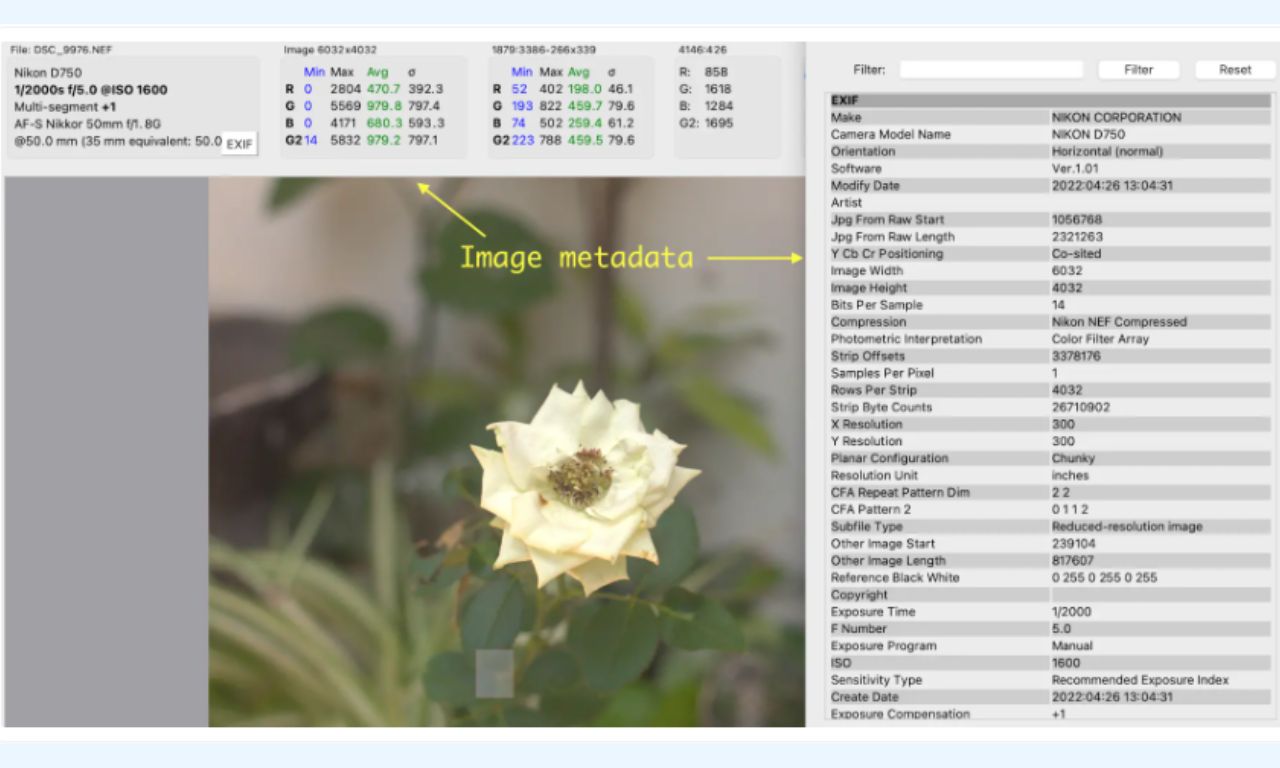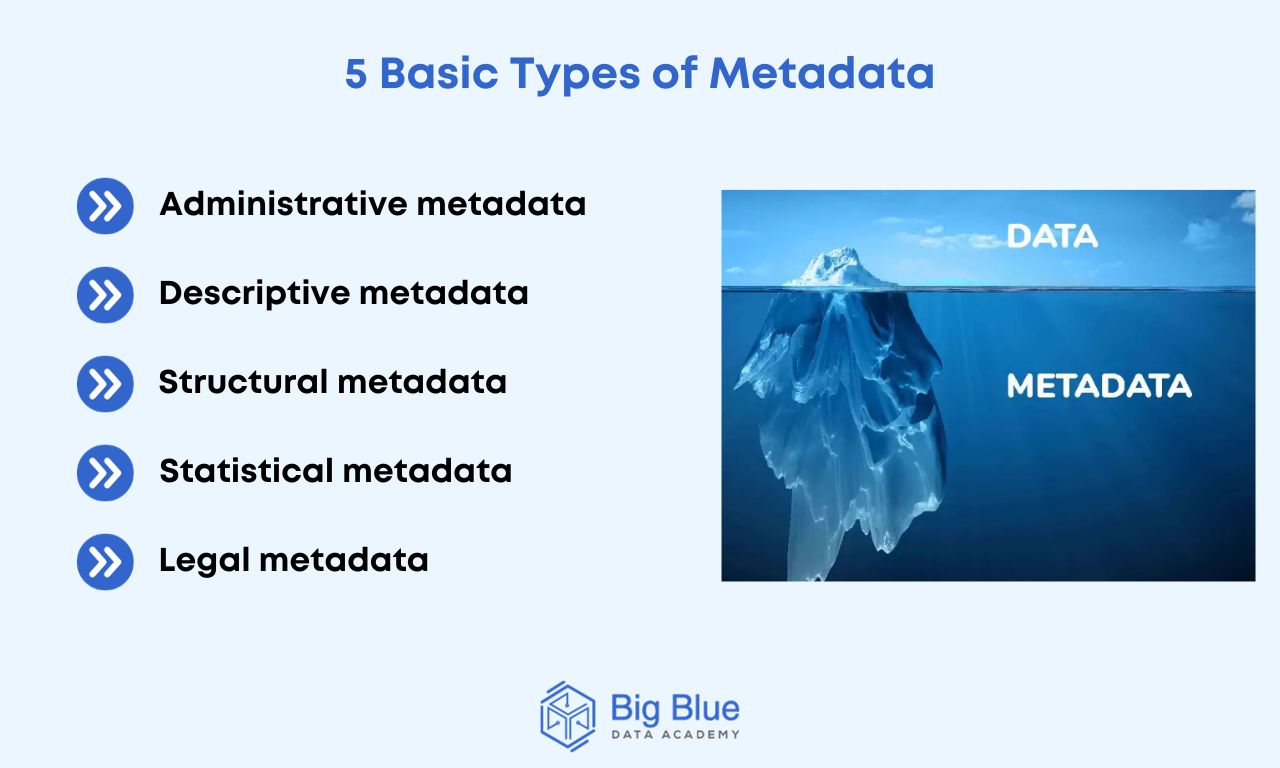Metadata: Importance, Types & Use Cases
Quite often, we talk about the plethora of data that exists, the benefits it offers in various sectors, and much more.
However, equally important is the metadata, which significantly helps users find relevant information, discover various resources, and generally understand the basic characteristics of the data, such as its origin.
So in today's guide, we'll cover:
- What metadata is
- What types of metadata exist
- The basic uses of metadata
Let's start with a basic definition.
What Is Metadata?
Metadata refers to data that describes other data.
Essentially, metadata is structured reference data that provides information about other data, aiding in the classification and identification of the characteristics of the described information.
Metadata can be created manually or through automated information processing.
It can be stored and managed in a database, often called a metadata registry or repository.
Examples of file metadata include the author, creation date, and modification date of a document.
Other examples of metadata usage include images, videos, relational databases, spreadsheets, and websites.
Let's take an example of an image file for better understanding.

The given example of an image file includes metadata such as:
- The time that the photo was taken
- Colors of the photo
- Camera brand
- GPS coordinates of the location
Now that we've covered some essential things about metadata, let's explore some basic types of metadata.
Basic Types of Metadata
There are many types of metadata.
Let’s explore some basic ones in more detail:

Type #1: Administrative metadata
Administrative metadata allows administrators to enforce rules and restrictions on data access and user rights.
It provides information about data resource management, including creation date, size, and file type.
Type #2: Descriptive metadata
Descriptive metadata identifies basic characteristics and information, such as titles, keywords, summaries, and other elements that help a user understand the data.
Type #3: Structural metadata
Structural metadata describes the structure of data, the relationships between different elements, and how data is organized and classified.
Type #4: Statistical Metadata
Statistical metadata provides statistical information about the data, such as measures of quality and reliability, which are crucial in statistical analysis.
Type #5: Legal metadata
Legal metadata offers significant information about the creator, copyright owner, usage license terms, and usage restrictions.
Now, let's look at the use cases of metadata.
Use Cases of Metadata
Some use cases of metadata include:
Data governance
As the data that today's businesses have in their possession is numerous and complex, proper governance of this data needs to take place.
Data governance is a critical element of data management that controls the entire life cycle of information, ensuring its quality, reliability and security.
Thus, metadata management plays a key role in this process, since the better organized the metadata, the better and more complete the overall picture of a company's data.
Data analysis and business intelligence
Metadata is vital for understanding the structure and meaning of data.
By ensuring data quality and compliance, metadata significantly aids Business Intelligence (BI) analysts and data scientists in conducting meaningful analysis and extracting key insights from business data.
Risk management and regulatory compliance
As businesses often handle sensitive data, ensuring data security and compliance with regulations like GDPR is essential.
Metadata management is necessary for detecting sensitive data, regulating user access, and ensuring compliance practices.
Ramping Up
In summary, we've explored what metadata is, some basic types, and use cases.
Both data and metadata are equally important, providing significant value for the successful operation of any business.
If you are enthusiastic and want to learn more about the field of Data Science, you can follow us for more educational posts and we will keep you posted!


.jpg)